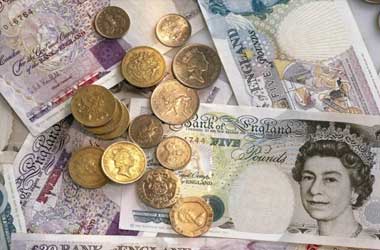 In December 2015, China found its mammoth foreign reserves considered to be the world’s largest, dip to a three year low amounting to $3.3 trillion. Beijing maintained that the $107.9 billion deficit was in part a result of the recent US hike in interest rates, and went on to reassure the public that the country still had “relatively abundant” reserves.
In December 2015, China found its mammoth foreign reserves considered to be the world’s largest, dip to a three year low amounting to $3.3 trillion. Beijing maintained that the $107.9 billion deficit was in part a result of the recent US hike in interest rates, and went on to reassure the public that the country still had “relatively abundant” reserves.
The State Administration of Foreign Exchange (SAFE) recently announced that the country still possessed a strong accumulation of foreign exchanges reserves to the tune of $3.3 trillion, in spite of the decline in 2015. China’s foreign reserves also took a hit in November 2015 as forex reserves dropped by $87.2 billion. SAFE set aside all concerns concerning the Chinese economy, stating that the fundamentals remain strong and there was no reason for serious concern as the country’s financial system was robust and resilient.
China’s administration stated that it intends to make cross-border investments and trade much easier than it is at present and go on to encourage the convertibility of the yuan under the capital account, in a systematic way. SAFE also confirmed that it will reinforce the monitoring of the country’s balance of payments and advance the regulation of cross-border capital flows and foreign debt.
It also proposes to manage China’s huge foreign exchange reserves better, and expand the means of using them. Although the country has the largest foreign exchange reserves, nearly half of which were converted into U.S. treasury bonds, thereby making China, America’s largest creditor.
The Chinese forex reserves went into a massive decline last year when its economy plummeted below seven percent, during the penultimate quarter of 2015. China’s economy has witnessed double digit growth figures since 2010 but analysts have now indicated that this decline will continue in 2016 and extend into 2017. As the country’s exports continue to decline, China has kick-started a whole series of reforms in order to change its economy that is dependent upon exports, into one that relies more on local consumption. Under relentless pressure the Chinese currency dropped to its lowest in five years, against the American dollar during the first week of Jan 2016.
China is also bent on accelerating its overseas direct investment (ODI) that crossed the $104 billion mark in just 11 months last year, with numerous Chinese companies increasing their investments overseas under the Silk Road program which was initiated by President Xi Jinping.



